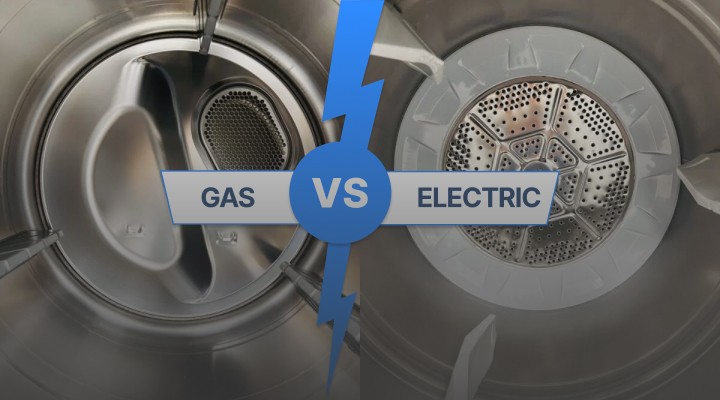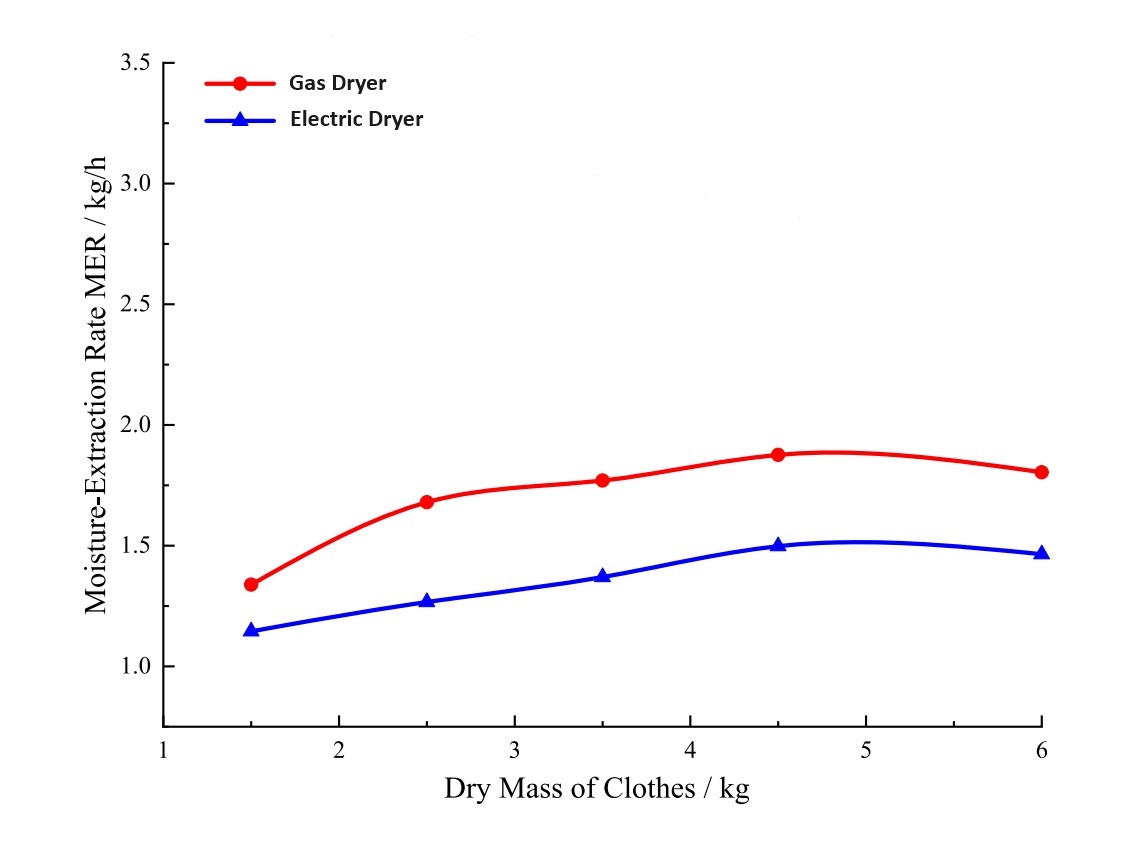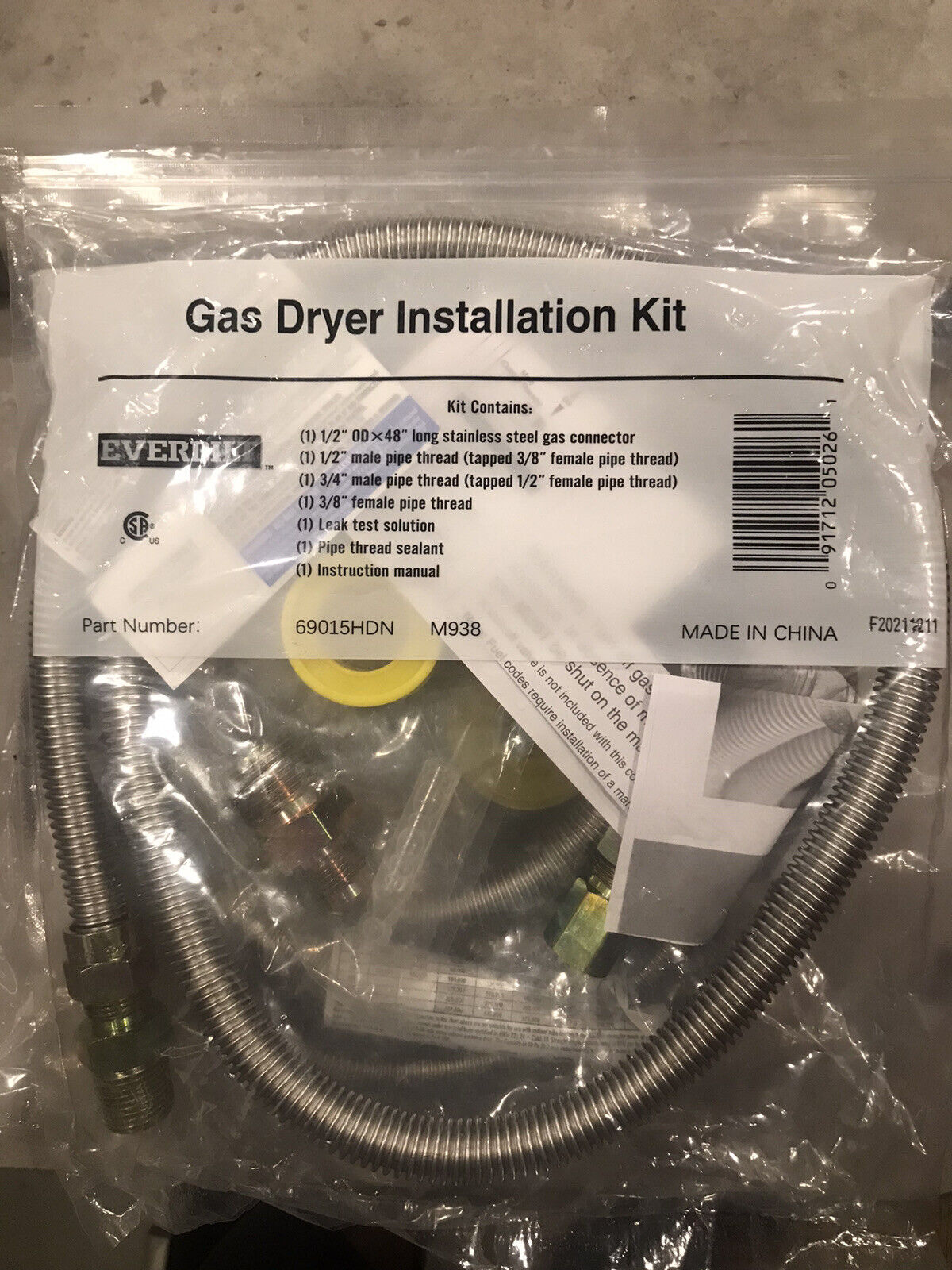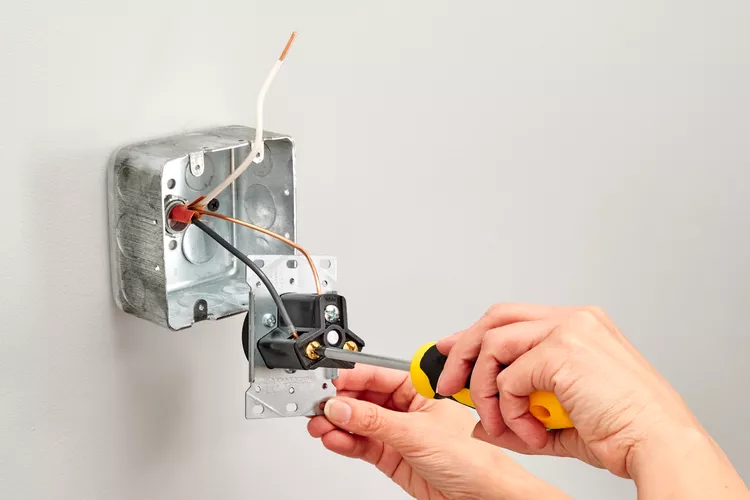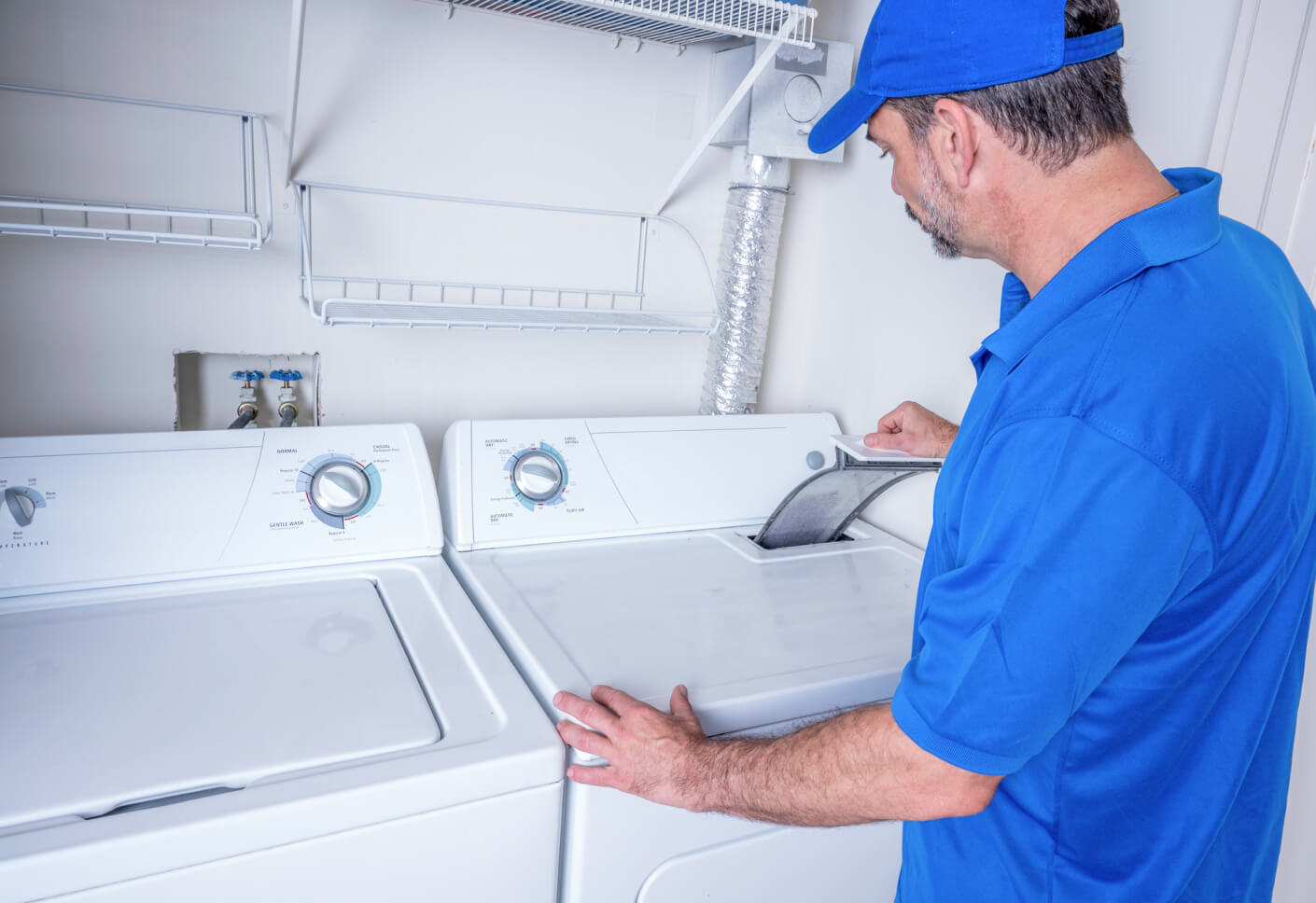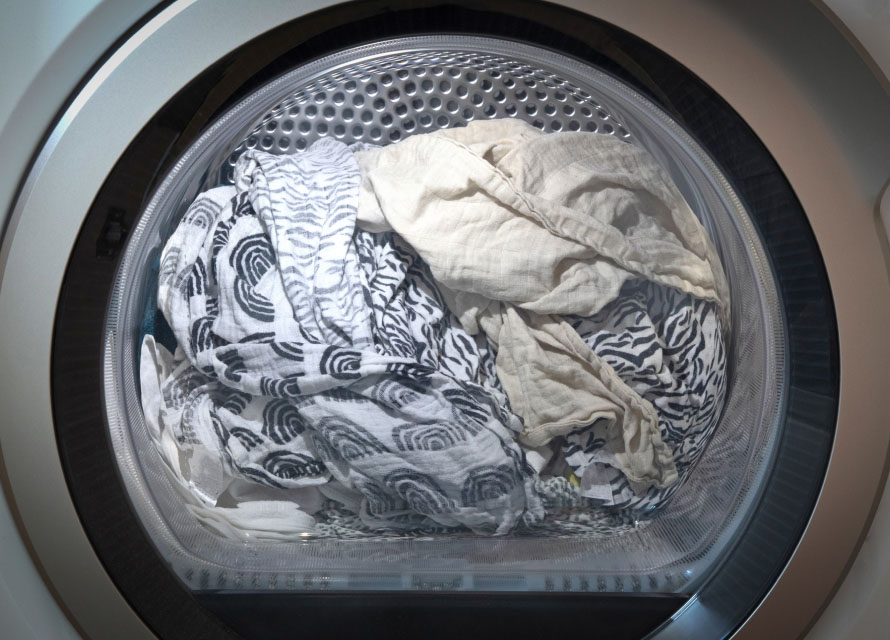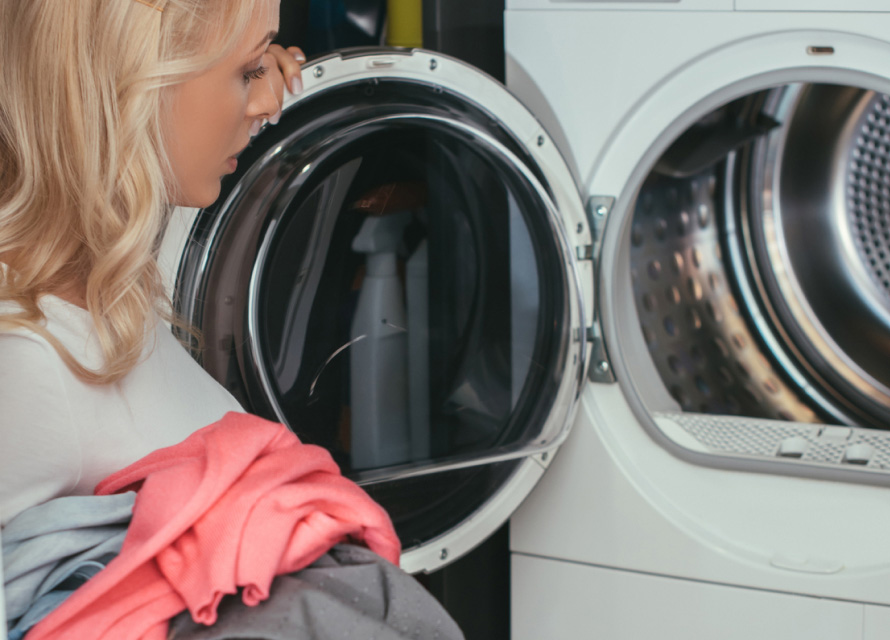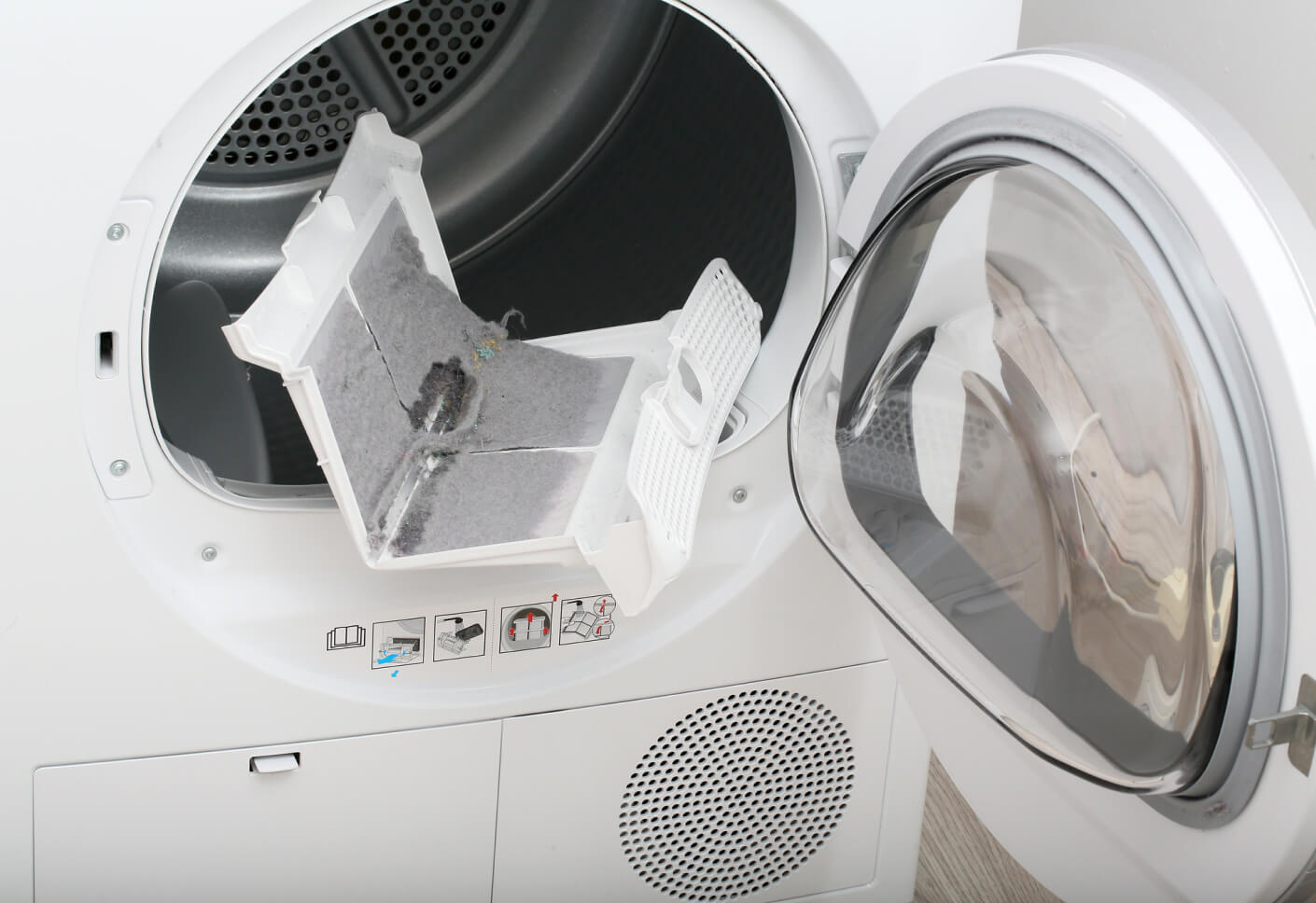Book an appointment with our technicians today!
Looking for the best dryer repair service? We are always on the phone to answer all your questions and solve your household appliance concerns. Our technicians are ready to start the repair process immediately as soon as you make an appointment.
Book online
